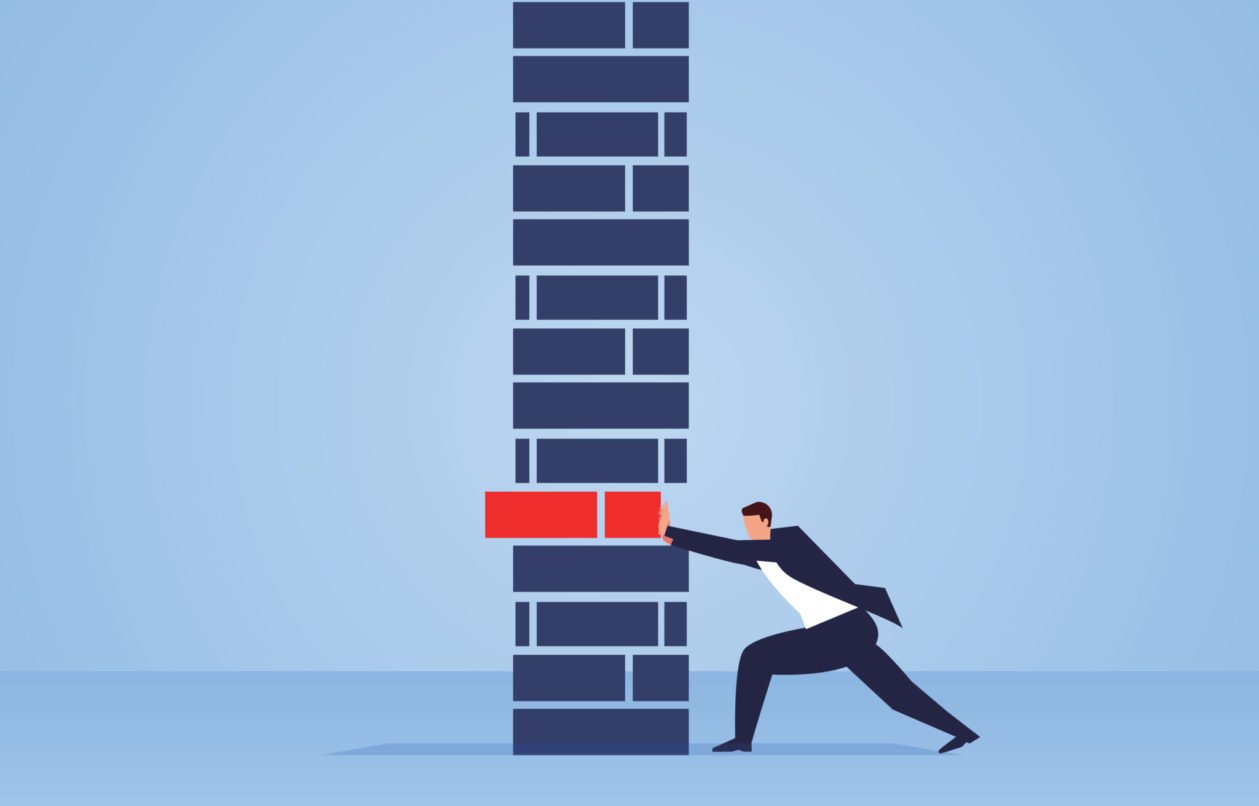Marc Andreessen’s latest essay, “It’s Time To Build,” reads like a manifesto of a youth political club, but it sure struck a chord with a lot of Americans. “We chose not to build,” is the mantra of Andreessen’s article. He calls out the Western world’s bluff—its unpreparedness for the virus outbreak. In this time of crisis, we don’t have things to fall back on—the ventilators, tests, ICUs—because instead of building things, we offshore all of the hard stuff, living comfortable light lives.
For Andreessen, the issue isn’t money, it’s our “smug complacency.” After all, the U.S. government just promised to push $2 trillion into the economy, right? Andreessen talks about gleaming skyscrapers, highly automated factories and hyperloop(s), and asks why there is no will to build these things? But who is going to pay for them? It’s unlikely to be VCs, they don’t like the hard stuff either.

Venture capitalists like to make big bets on crazy business ideas with the odd chance of becoming the next Facebook— monopoly-like, high-margin businesses with no hard assets. If anything, VCs nurture that Western status quo of long-term offshoring for short-term enjoyment. For over a decade now, they’ve kept chasing the Ubers of this world, building a digital cottage industry, not the hard stuff that would enhance productivity long-term. Bread and circuses to the people; this time, in the form of superficial profit-maximizing app economy. And anyway, wasn’t it Andreessen who said, “Software is eating the world?”
For all Andreessen’s preaching, firms like his very own a16z are unlikely to be part of the solution. So, where could the money come from? Governments have proved notably bad investors (remember Adam Smith?), and crowdfunding never really got anywhere before the ICO bubble wrecked its reputation seemingly beyond repair.
But perhaps we shouldn’t write off crowdfunding just yet. Strange things keep happening throughout the coronavirus pandemic. The virus brought down the Western world in a matter of weeks, but it also induced a feeling of compassion among people.
Restaurant and café owners from Japan and London’s Tottenham to San Francisco raised money from people in record time to keep the lights on during the lockdown. In the virus-ravaged Italy, people were quick to donate money to buy more ventilators, protective gear and other supplies for hospitals. There are hundreds of other cases of volunteers donating equipment to fight the virus.

Throughout and beyond the Western world, people are taking matters into their own hands, sensing that their governments and institutions have failed them. Like the feeling of joy from seeing nature cleansed of human pollution, there will be other things we’ll remember after the coronavirus is gone. The urge to come together for a good cause may be one of them.
And, at the risk of sounding like another manifesto, crowdfunding could give rise to some great businesses-for-good ventures that deserve to stay independent. There are causes which deserve the opportunity to be owned by people, outside of the institutional capital that is naturally profit-maximizing. In 2003, during the threat of the SARS outbreak, researchers obtained the genomic sequence of the virus, ready to enter clinical trial, but once the emergency waned, Big Pharma wouldn’t carry the tests because it wasn’t profitable. Now, an independent European biotech Axon Neuroscience is planning a European crowdfunding campaign to raise money for the development of COVID-19 vaccine based on its proprietary research on Alzheimer’s disease.
People tend to equate crowdfunding with a number of websites that serve as aggregators, the likes of StartEngine or Seedrs. In reality, founders can stay completely independent and offer equity in their business through their own website, similar to what an initial public offering would look like, except without the investment bankers.
In Europe, they can offer the equity in their business to the public after filing a prospectus with a financial regulator in their country. In the U.S., similarly, companies can file under one of the exemptions introduced under the JOBS Act. After this is done, a company can offer equity online through its own website, under its own brand
This matters not only because independent investors can fill the void left by private capital funds and government but also because these investors can form a relationship with the founders and become loyal customers and brand ambassadors.
Much like after the global meltdown of 2008, when crowdfunding first emerged, the coronavirus crisis can be a catalyst for equity crowdfunding as a means for truly independent capital formation to give rise to businesses-for-good. Which one do you want to own?







